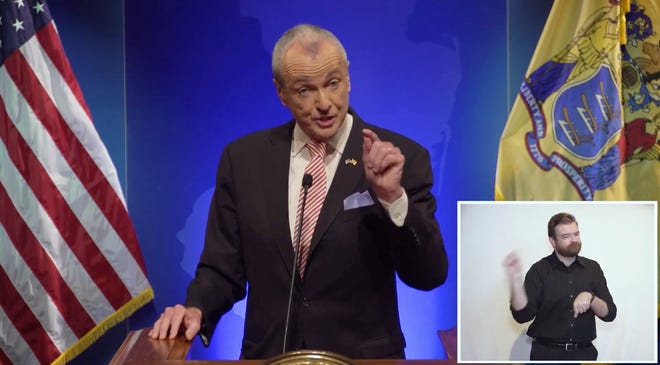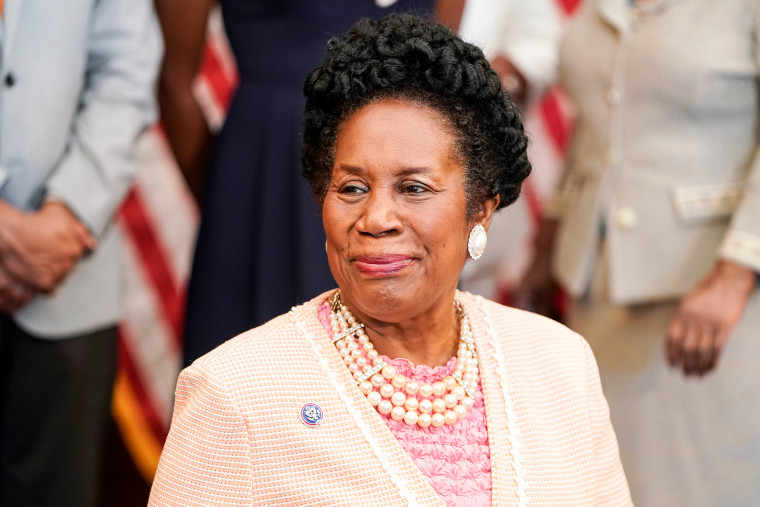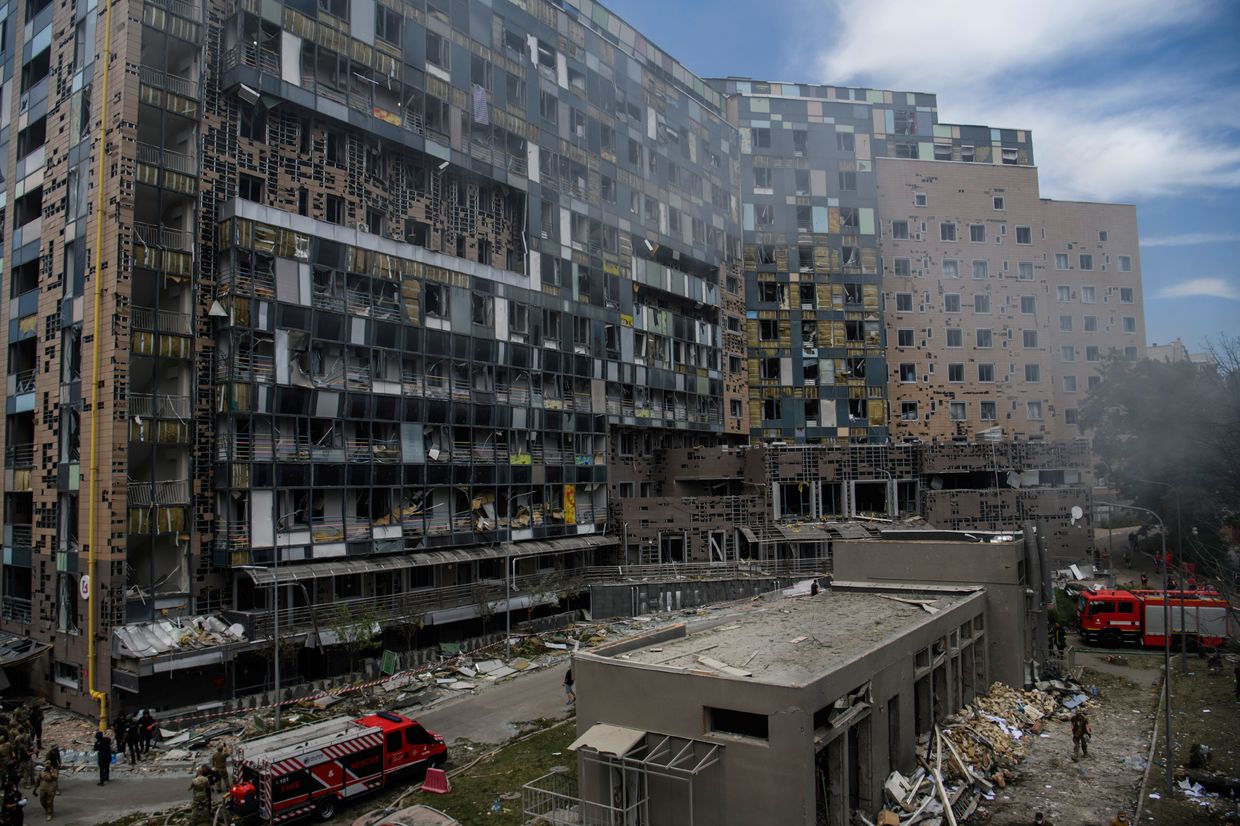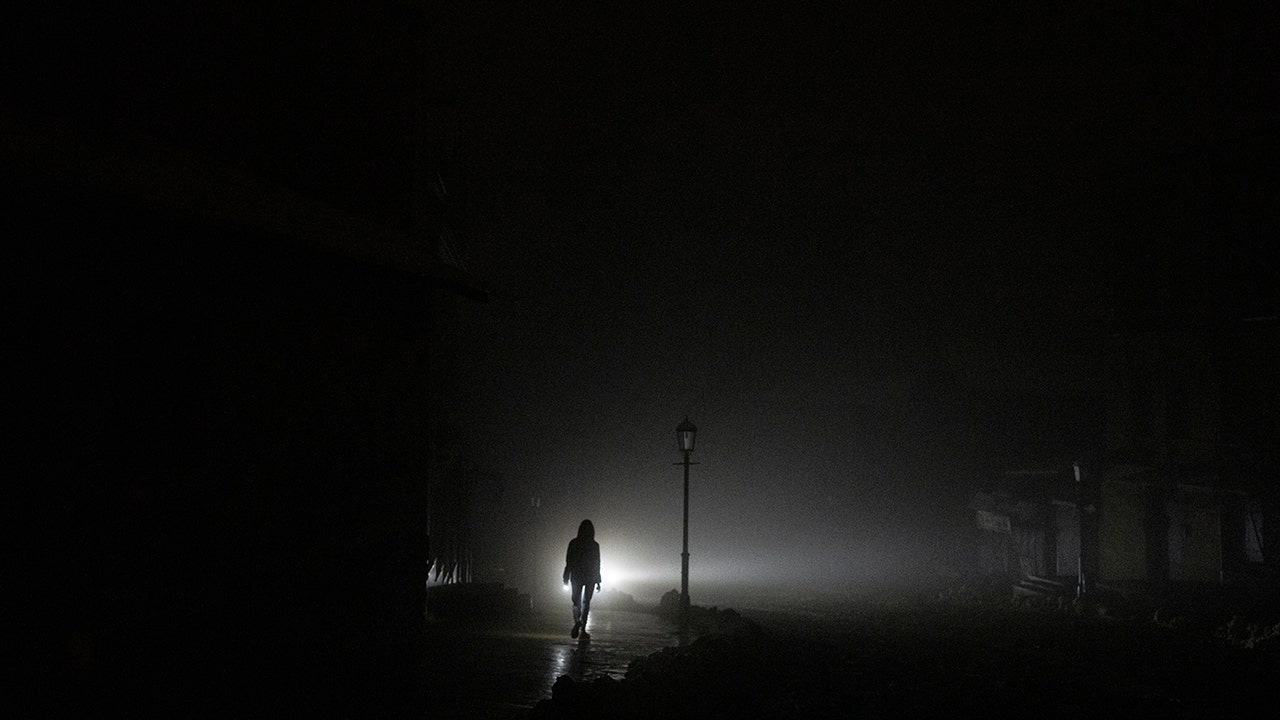After more than two years of promising a “post-mortem” and “full accounting” of his administration’s handling of the COVID-19 pandemic, Gov. Phil Murphy announced Monday that the state has hired two consultants to conduct an “independent review” that will also include the heavy loss of life in nursing homes.
A review is scheduled to begin immediately, but a report is not expected until late 2023, according to a statement released by Murphy’s office.
Murphy has come under considerable criticism during the height of the pandemic and even now in its aftermath, particularly for the way his team has overseen state veterans homeswhere more than 200 residents died during the pandemic and where problems persist.
There are few details on what specific areas the review will cover. But in a statement, Murphy said it would include:
- How prepared was New Jersey for the March 2020 outbreak?
- political decisions made by the administration.
- how the state responded to “vulnerable residents”, including in nursing homes.
- the administration’s efforts to preserve basic functions such as unemployment benefits.
- how the administration managed testing, vaccination, and the acquisition and distribution of masks, gloves, and other personal protective equipment.
“My responsibility as governor also requires a full and comprehensive review of how the state prepared for and responded to the pandemic so that we can take steps to better prepare future administrations for the public health crisis,” Murphy said in a statement.
Paul Zubeck of the New York law firm Montgomery McCracken Walker & Rhoads will lead the review. Zubek was the first assistant attorney general during the Republican administrations. Christy Whitman and Donald DiFrancesco. Another vendor, Boston Consulting Group, will also work on the review.
On the topic:Federal officials stop accepting new people at troubled New Jersey veterans homes as safety and COVID concerns remain
Exclusive:CEO who reported NJ vets’ COVID-19 death says key deficiencies remain
A spokeswoman for Murphy did not immediately respond to questions about how much money the consultants will receive, the breakdown of duties and whether they will be able to interview all employees and have full access to the documents, many of which the Murphy administration has denied or heavily redacted through public records requests.
No governor in modern history has made more decisions that affected every New Jersey resident than Murphy during the height of the pandemic, when orders were passed to close businesses, close schools, limit travel, and mandate masks and vaccinations.
Many public health experts praised Murphy’s quick response, saying many of these measures saved countless lives.
But other decisions have been criticized from the start, including whether the Department of Health made a mistake by forcing nursing homes to withdraw COVID-positive residents from hospitals too quickly. Of the 35,000 COVID-related deaths in the state, about 9,800 were residents or staff of nursing homes, nursing homes or other long-term care facilities.
New Jersey’s antiquated 40-year-old computer system for unemployment benefits has caused significant delays in sending checks to an unprecedented number of residents who have lost their jobs or been laid off since the spring of 2020.
The Motor Transport Commission has been criticized for taking too long to restore services, leading to queues stretching for hours and causing service delays. Murphy’s release of prisoners drew criticism from some on the right, who questioned why it was done, and on the left, who said it was done too slowly.
New Jersey’s vaccine rollout was thrown into chaos in early 2021 when Murphy made millions eligible for the vaccine on the same day, including anyone who said they smoked. At first, deployment was almost entirely digital, creating unfair playing conditions for the neediest, especially the elderly, many of whom are not tech-savvy enough to book online appointments, which were often snapped up as soon as they were available.
Murphy said the review is the first of its kind in the country.
Zubek has “extensive experience” in emergency management, having served as the No. 2 official in the state Department of Law and Public Safety since the 9/11 attacks, Murphy said in a statement. He has led several high-profile state government inquiries, including a review of the state police boxing program last year following the death of a recruit. Murphy said Zubek is “widely respected” and “apolitical.”
Republicans have called for years for legislative hearings on Murphy’s handling of the pandemic, but those efforts have fallen on deaf ears among Democrats who control the Assembly and Senate.
Just two months into the pandemic, then-Senate President Steve Sweeney, a Democrat, and Minority Leader Tom Keane Jr., a Republican, announced the creation of a bipartisan “Review and Recovery Committee” to investigate the Murphy administration’s response to the pandemic. But Sweeney, a political opponent of Murphy, felt an immediate backlash from fellow Democrats, and the committee was never formed.
In the first year of the pandemic in New Jersey was the highest death rate from COVID of the 50 states, according to the federal Centers for Disease Control and Prevention.
However, nearly three years into the pandemic, the state’s death toll from COVID is 10ththousand among the states, as of November 28. according to Statista, an international research and analysis company. Its death rate during the entire pandemic is the highest among the northeastern states.
Staff writer Lindy Washburn contributed to this article.










